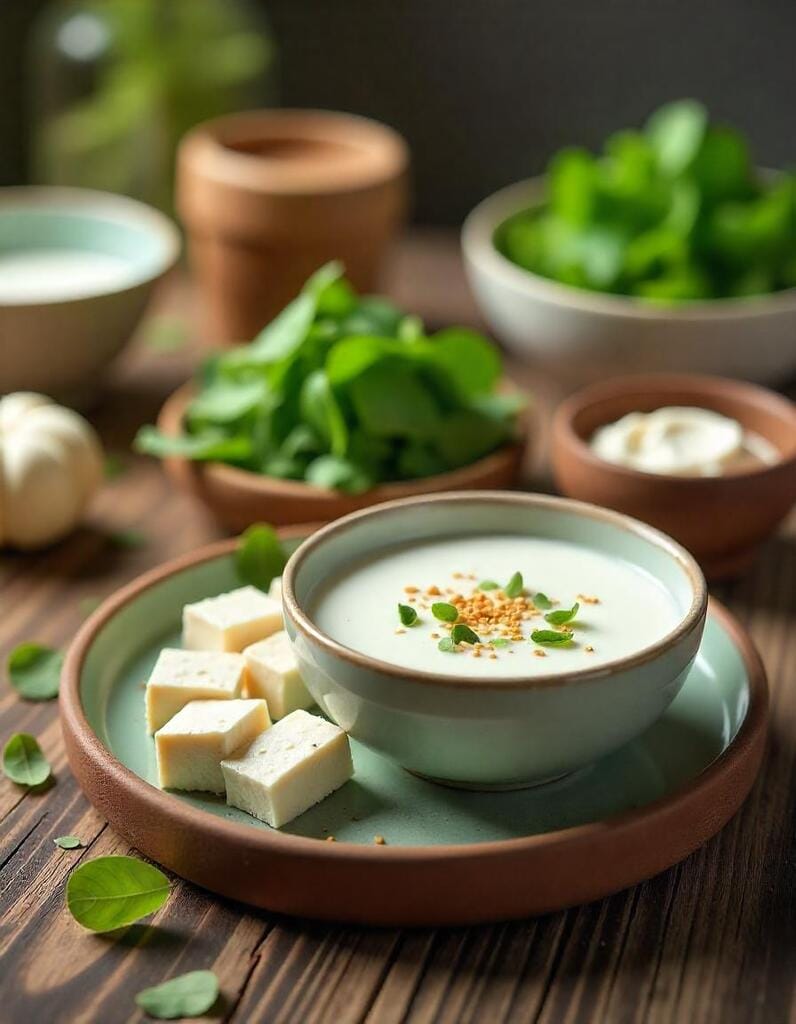Diet for Lupus Patients: A Comprehensive Guide

Diet for lupus patients focuses on anti-inflammatory foods and balanced nutrition to help manage symptoms and improve overall health. Lupus is an autoimmune disease that can cause inflammation, pain, and damage to various parts of the body. While there is no specific diet to cure lupus, adopting a balanced and nutritious eating plan can help manage symptoms, reduce inflammation, and improve overall well-being. This guide provides dietary recommendations, foods to include and avoid, meal planning tips, and answers to common questions about diet and lupus.
Understanding Lupus and Its Dietary Needs
Lupus affects the immune system, causing it to attack healthy tissues. This can lead to symptoms such as fatigue, joint pain, skin rashes, and organ damage. Nutrition plays a crucial role in managing lupus by:
- Reducing inflammation.
- Supporting immune function.
- Promoting overall health and energy.
Key Nutritional Goals for Lupus Patients
- Reduce Inflammation: Focus on anti-inflammatory foods to manage symptoms.
- Strengthen Bones: Prevent osteoporosis, a common issue in lupus patients.
- Support Heart Health: Lupus increases the risk of cardiovascular disease.
- Boost Energy: Combat fatigue with nutrient-dense foods.
Foods to Include in a Lupus-Friendly Diet

1. Anti-Inflammatory Foods
- Fruits and Vegetables: Rich in antioxidants and vitamins.
- Examples: Berries, spinach, kale, carrots, and sweet potatoes.
- Fatty Fish: High in omega-3 fatty acids to reduce inflammation.
- Examples: Salmon, mackerel, and sardines.
2. Calcium and Vitamin D-Rich Foods

Lupus patients are at risk for osteoporosis due to medication side effects.
- Examples: Low-fat dairy, fortified plant-based milk, tofu, and leafy greens.
3. Whole Grains
Provide sustained energy and fiber to support digestion.
- Examples: Brown rice, quinoa, oats, and whole-grain bread.
4. Healthy Fats
Support heart health and reduce inflammation.
- Examples: Olive oil, avocado, nuts, and seeds.
5. Lean Proteins
Help repair tissues and maintain muscle mass.
- Examples: Skinless poultry, eggs, and plant-based proteins like lentils and chickpeas.
Foods to Avoid for Lupus Patients

1. Processed and Sugary Foods
Can increase inflammation and worsen symptoms.
- Examples: Sodas, candy, pastries, and packaged snacks.
2. Saturated and Trans Fats
Harm heart health and exacerbate inflammation.
- Examples: Fried foods, fast food, and processed meats.
3. High-Sodium Foods
Contribute to high blood pressure and kidney strain.
- Examples: Canned soups, salty snacks, and processed sauces.
4. Alcohol and Caffeine
May trigger flares and worsen fatigue.
- Tip: Limit consumption or avoid entirely.
Sample Meal Plan for Lupus Patients

Breakfast:
- A smoothie with spinach, frozen berries, almond milk, and a tablespoon of flaxseeds.
- A slice of whole-grain toast with avocado.
- Herbal tea or water.
Lunch:
- Grilled salmon on a bed of mixed greens with cherry tomatoes, cucumbers, and olive oil dressing.
- A side of quinoa.
- A glass of water with lemon.
Snack:
- A handful of unsalted almonds or walnuts.
- A small apple or a few carrot sticks.
Dinner:
- Stir-fried tofu with broccoli, bell peppers, and sesame oil.
- Brown rice.
- A small bowl of low-fat yogurt with a drizzle of honey.
Dessert:
- A piece of dark chocolate (70% or higher).
- A cup of chamomile tea.
Benefits of a Lupus-Friendly Diet

- Reduces Flare-Ups: Anti-inflammatory foods help minimize symptom severity.
- Supports Immune Health: Nutrient-dense foods bolster the immune system.
- Improves Bone Strength: Calcium and vitamin D prevent osteoporosis.
- Boosts Energy Levels: Whole grains and healthy fats combat fatigue.
- Promotes Heart Health: Healthy fats and fiber reduce cardiovascular risks.
Tips for Success
- Plan Ahead: Prepare meals in advance to ensure healthy choices.
- Stay Hydrated: Drink plenty of water throughout the day.
- Read Labels: Check for hidden sodium, sugar, and unhealthy fats in packaged foods.
- Consult a Dietitian: Work with a healthcare professional to tailor a diet to your needs.
Conclusion about Diet for Lupus Patients
A well-balanced diet is an essential part of managing lupus. By focusing on anti-inflammatory foods, maintaining bone health, and avoiding triggers, you can reduce symptoms and improve your quality of life. Remember to consult with your healthcare provider or a registered dietitian to create a personalized meal plan that meets your specific needs.
FAQs about Diet for Lupus Patients
1. What foods should I avoid with lupus?
Avoid processed foods, high-sodium items, saturated fats, and excessive alcohol or caffeine to reduce inflammation and flares.
2. Can diet cure lupus?
While diet cannot cure lupus, it can help manage symptoms and improve overall health.
3. Are there specific supplements for lupus?
Calcium, vitamin D, and omega-3 supplements may be beneficial, but consult your doctor before starting any.
4. Is a plant-based diet good for lupus?
Yes, a plant-based diet rich in fruits, vegetables, and whole grains can reduce inflammation and support overall health.
5. Where can I find more information on lupus management?
Visit Lupus Foundation of America for resources and support.
By adopting a lupus-friendly diet and making informed food choices, you can take control of your health and enhance your well-being.
